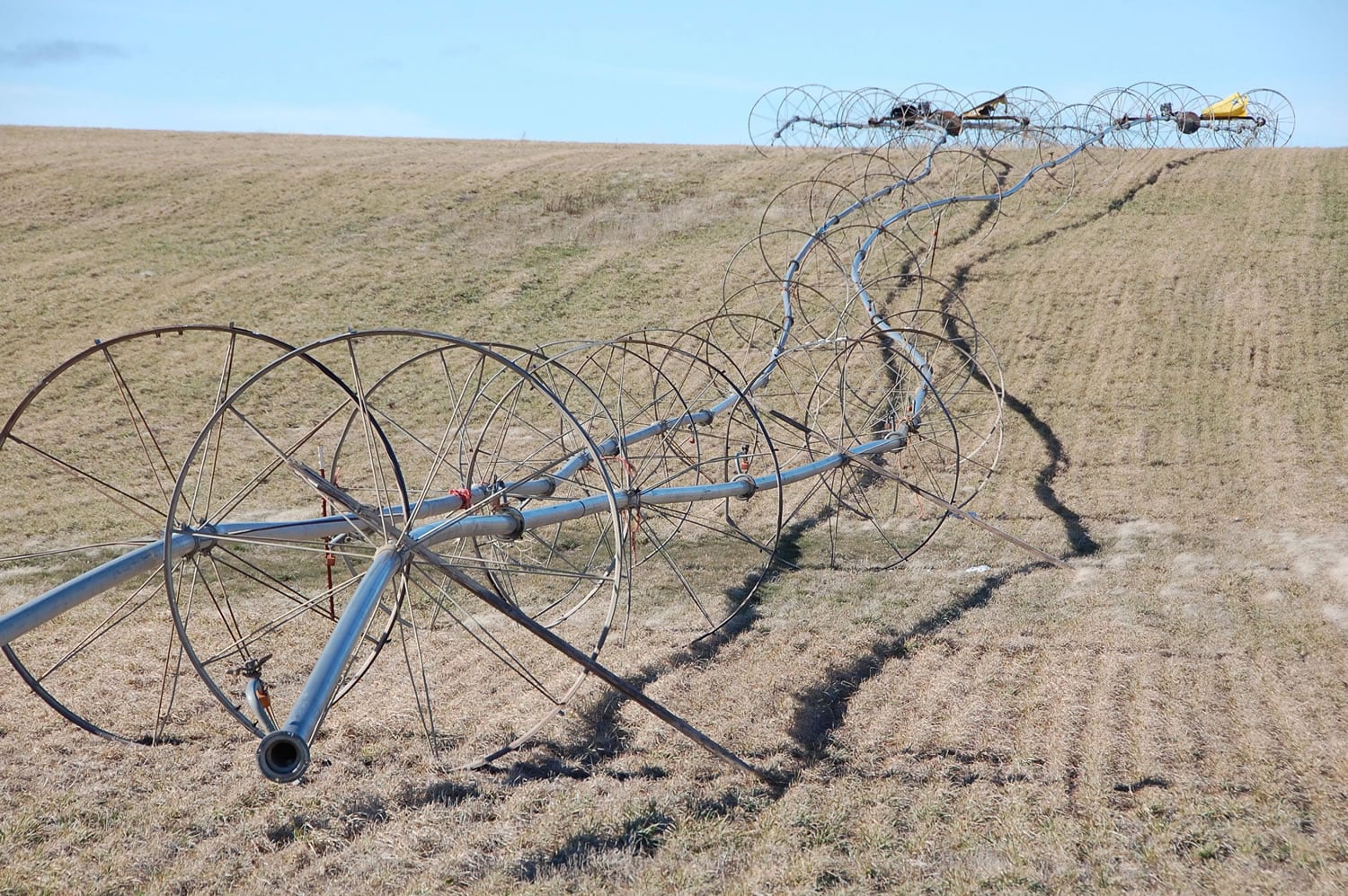MADRAS, Ore. — The farm fields in Jefferson County are quiet this time of year, the irrigation ditches dry, the crops dormant and the tractors, combines and balers parked in barns until spring.
Even so, farmers are busy calculating their costs for the spring planting season, and this year they’re factoring in a little bit of fear.
Twin lawsuits filed in December in U.S. District Court in Eugene, Ore., by environmental groups, if successful, would force the federal government to ensure that Oregon spotted frogs, a threatened species, have enough water to survive in the Upper Deschutes River Basin. The lawsuits cite the Endangered Species Act as the basis for their claims.
Farmers like Kevin Richards and Mike Kirsch fear the lawsuits could reduce their supply of irrigation water, which comes from the Deschutes River.



